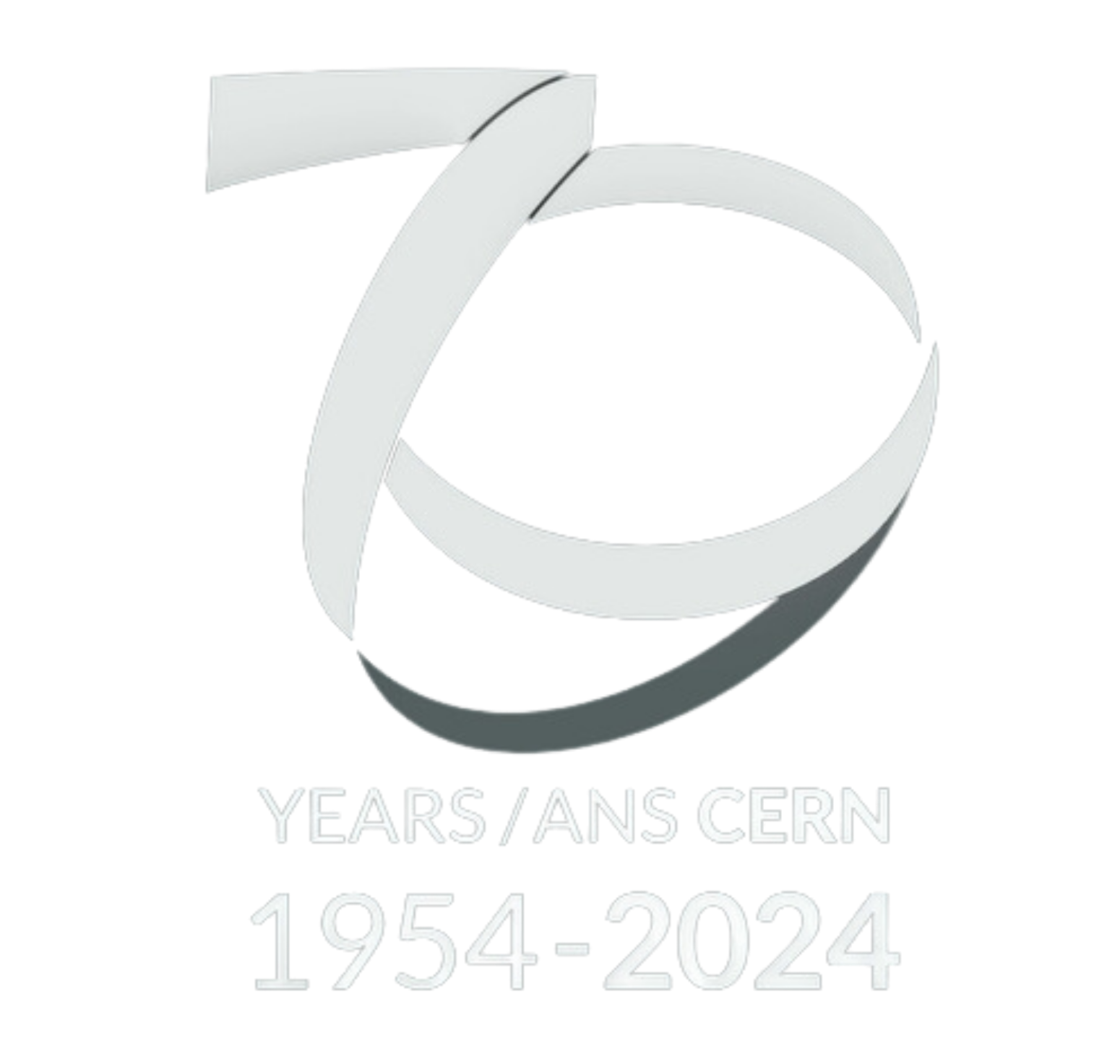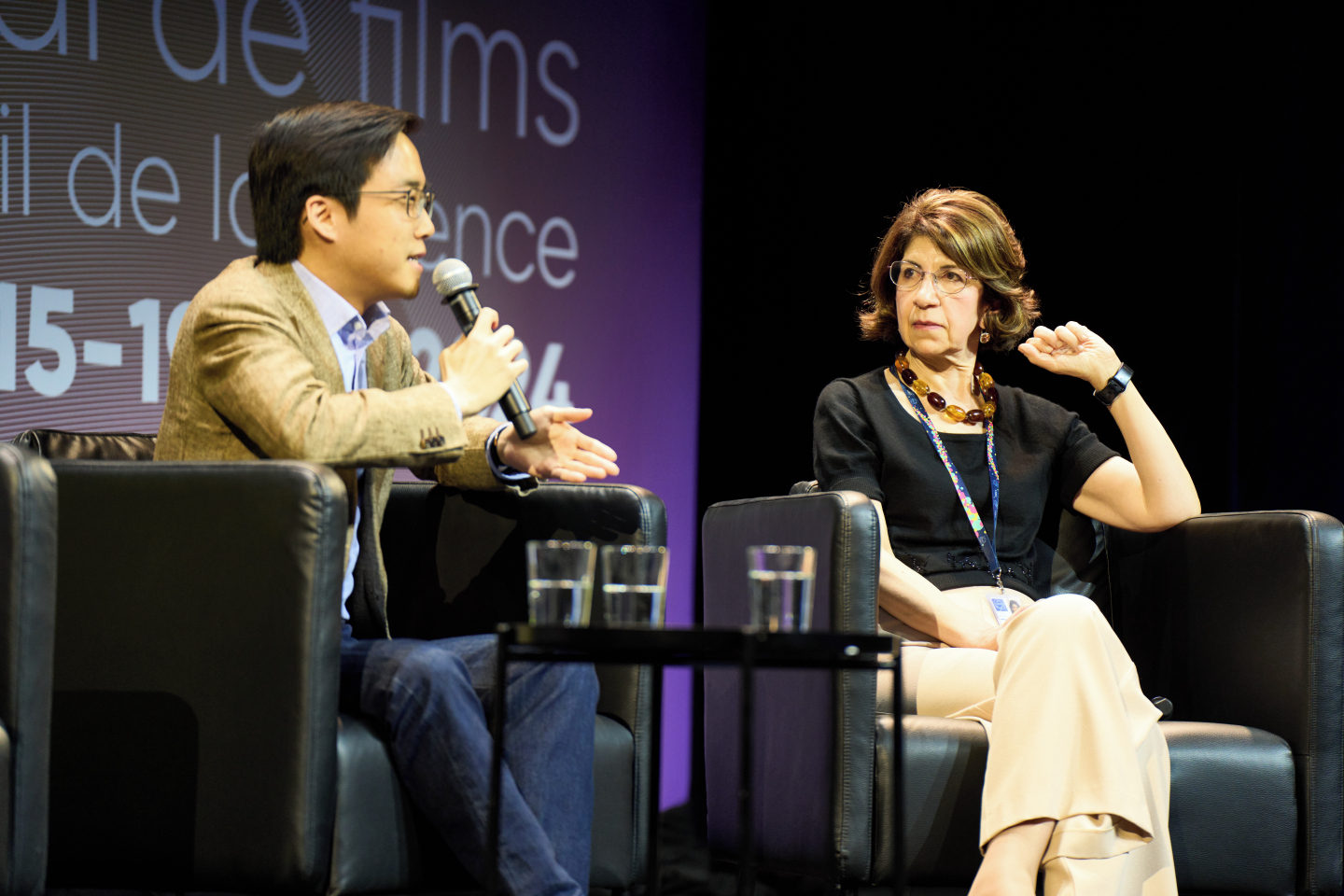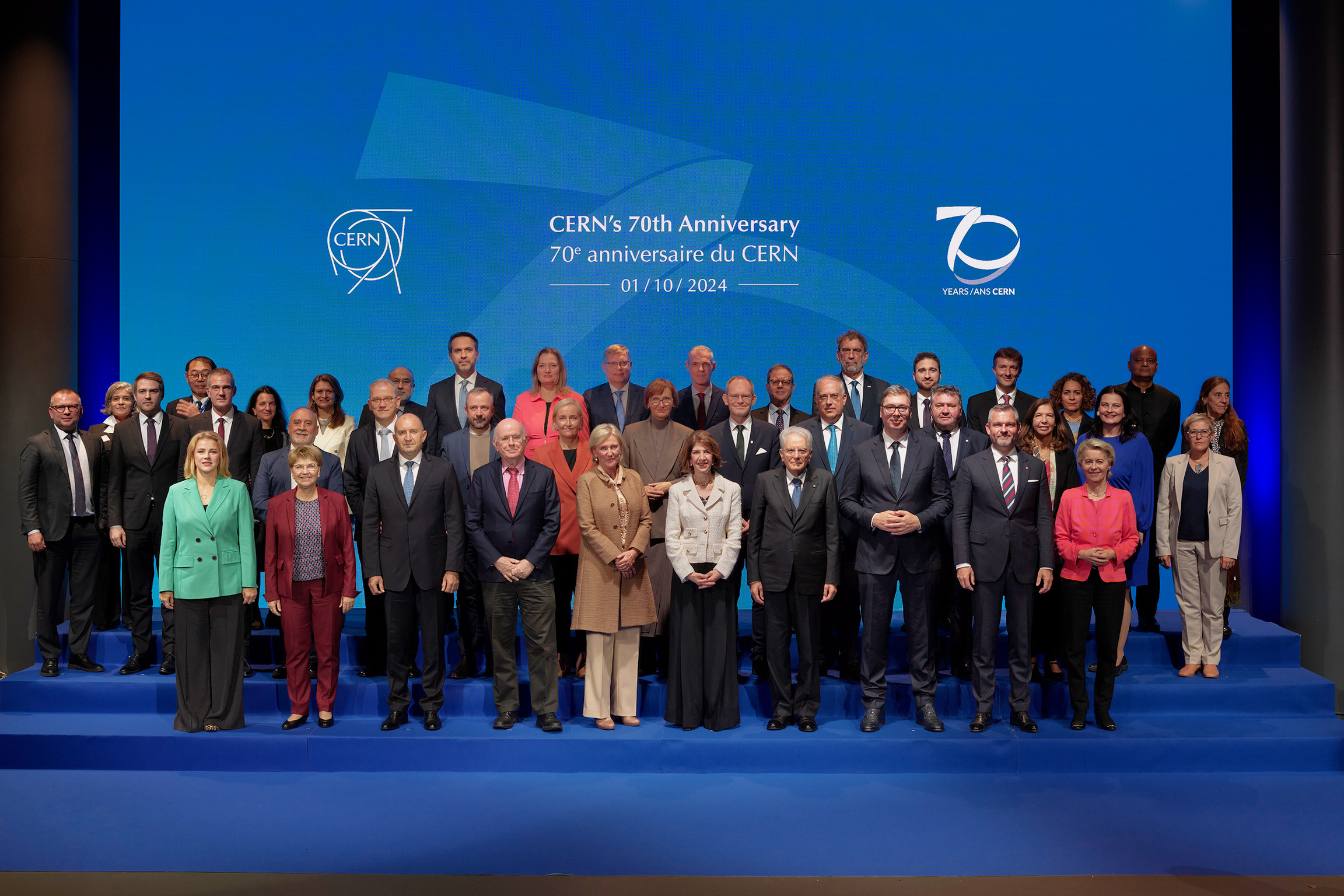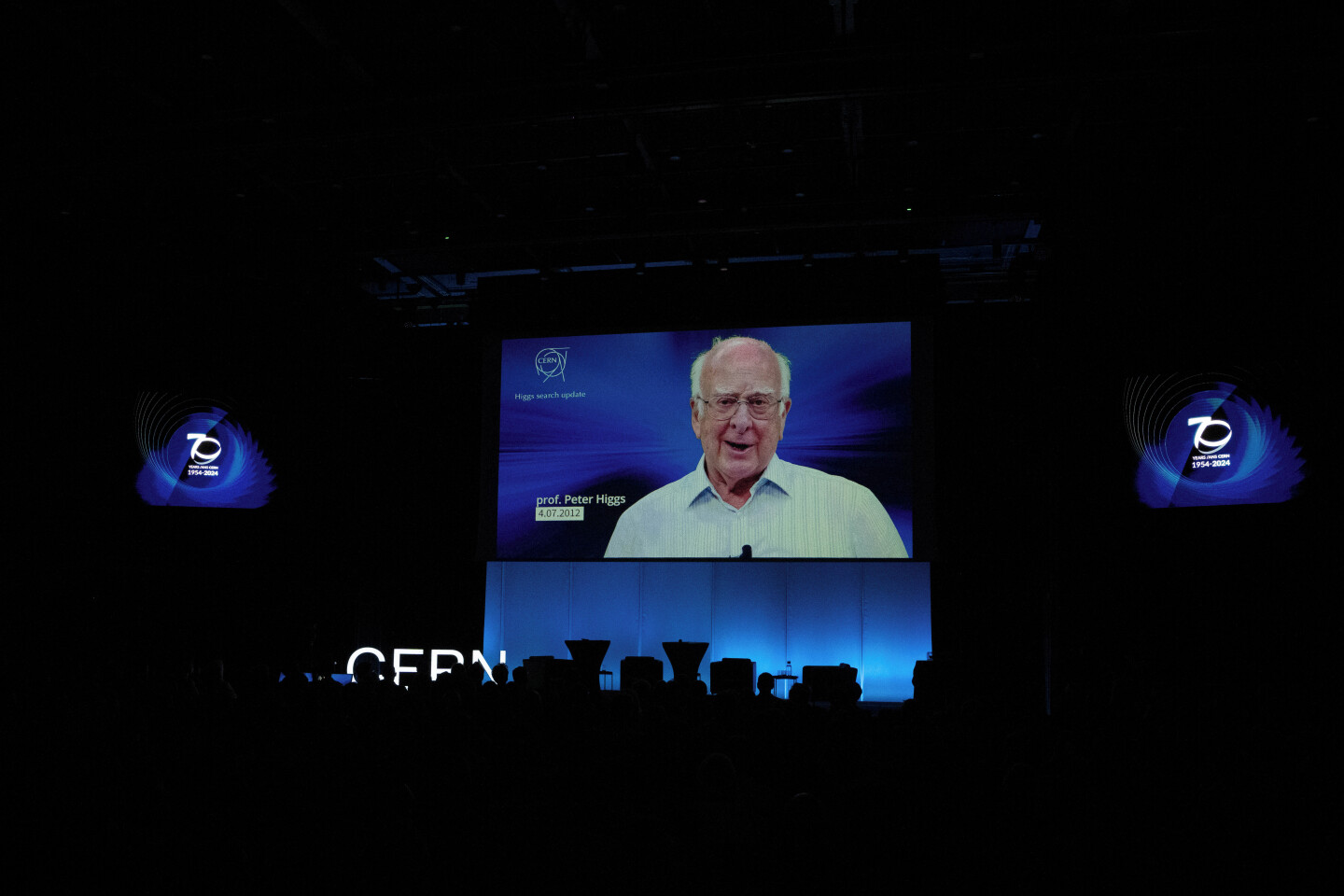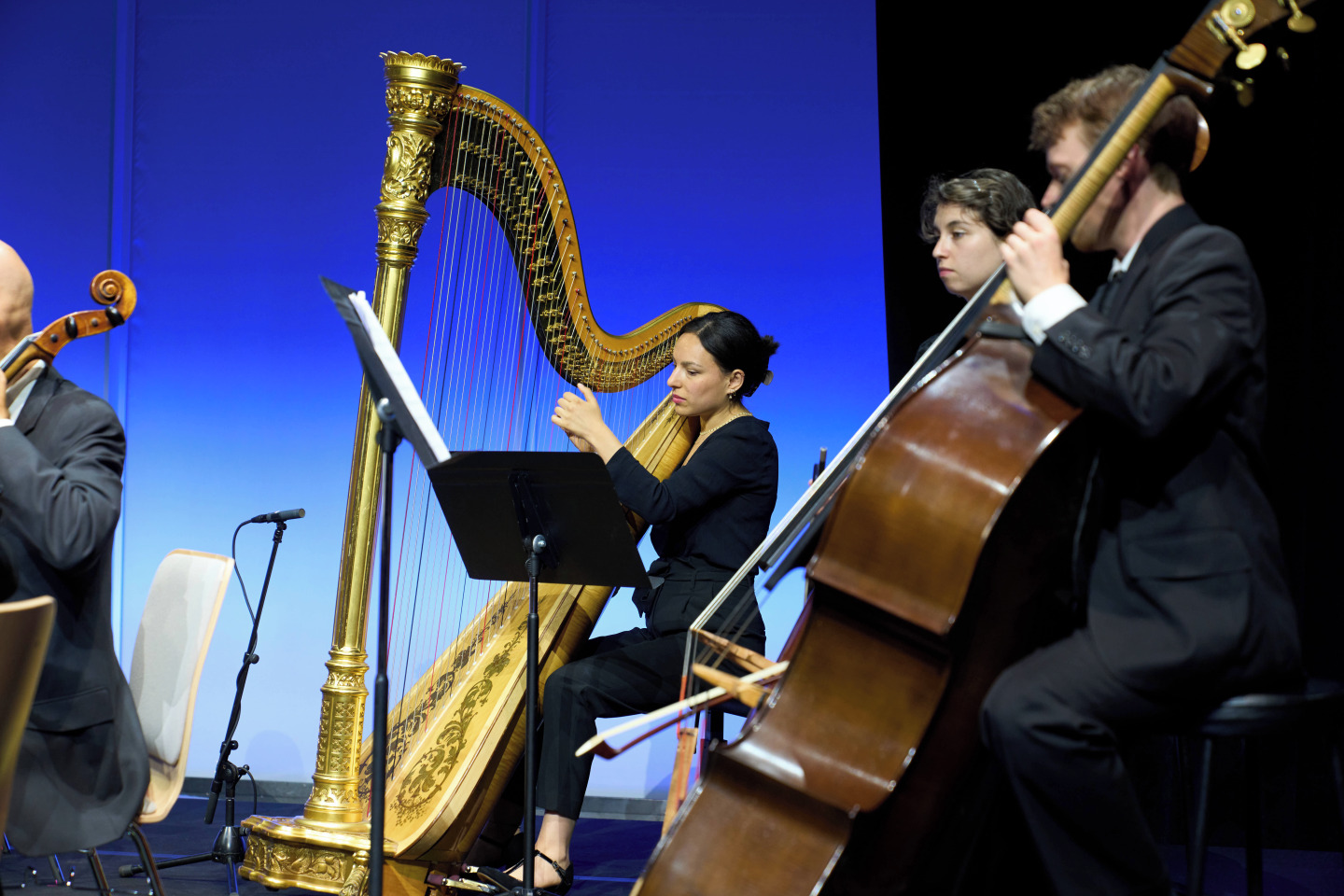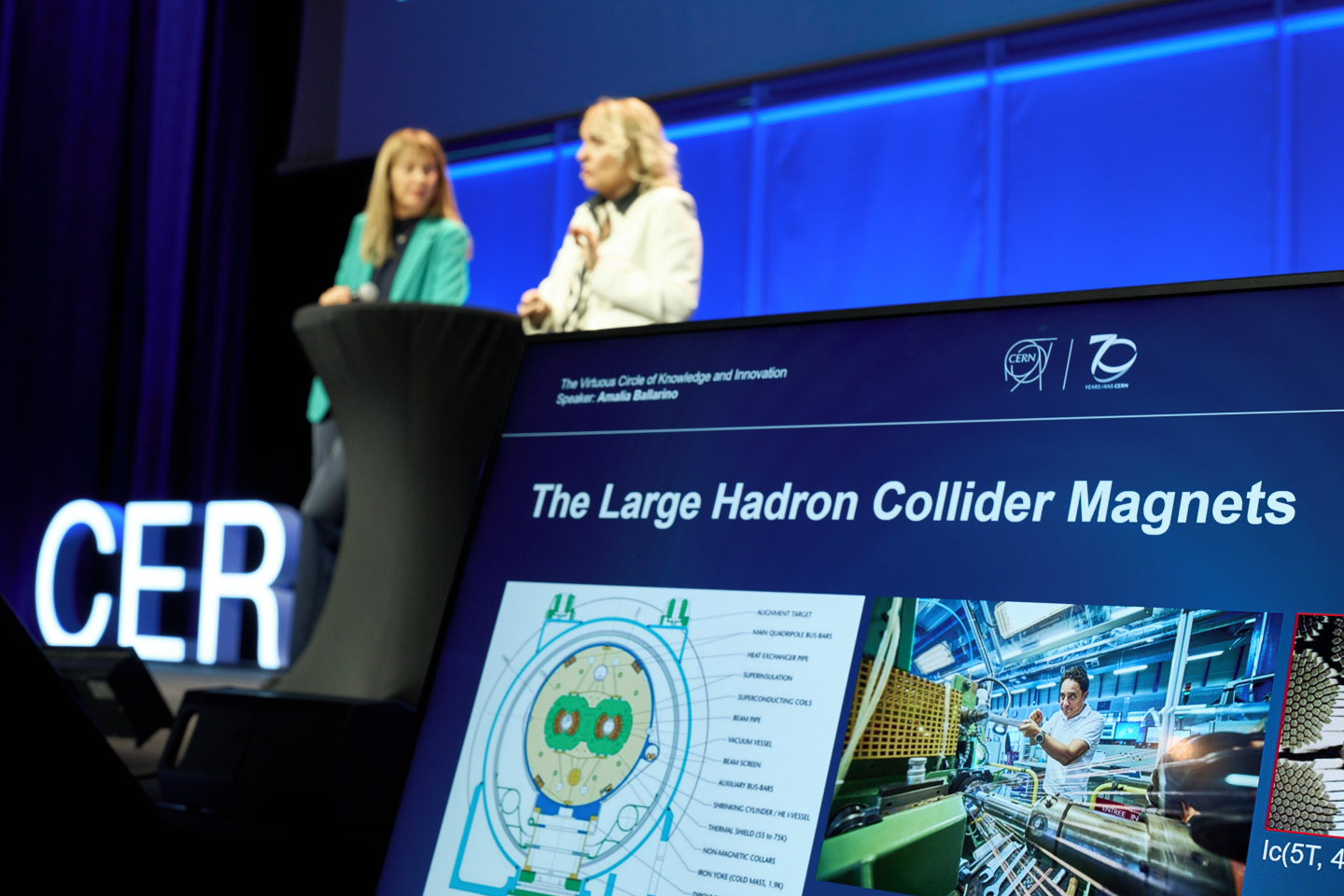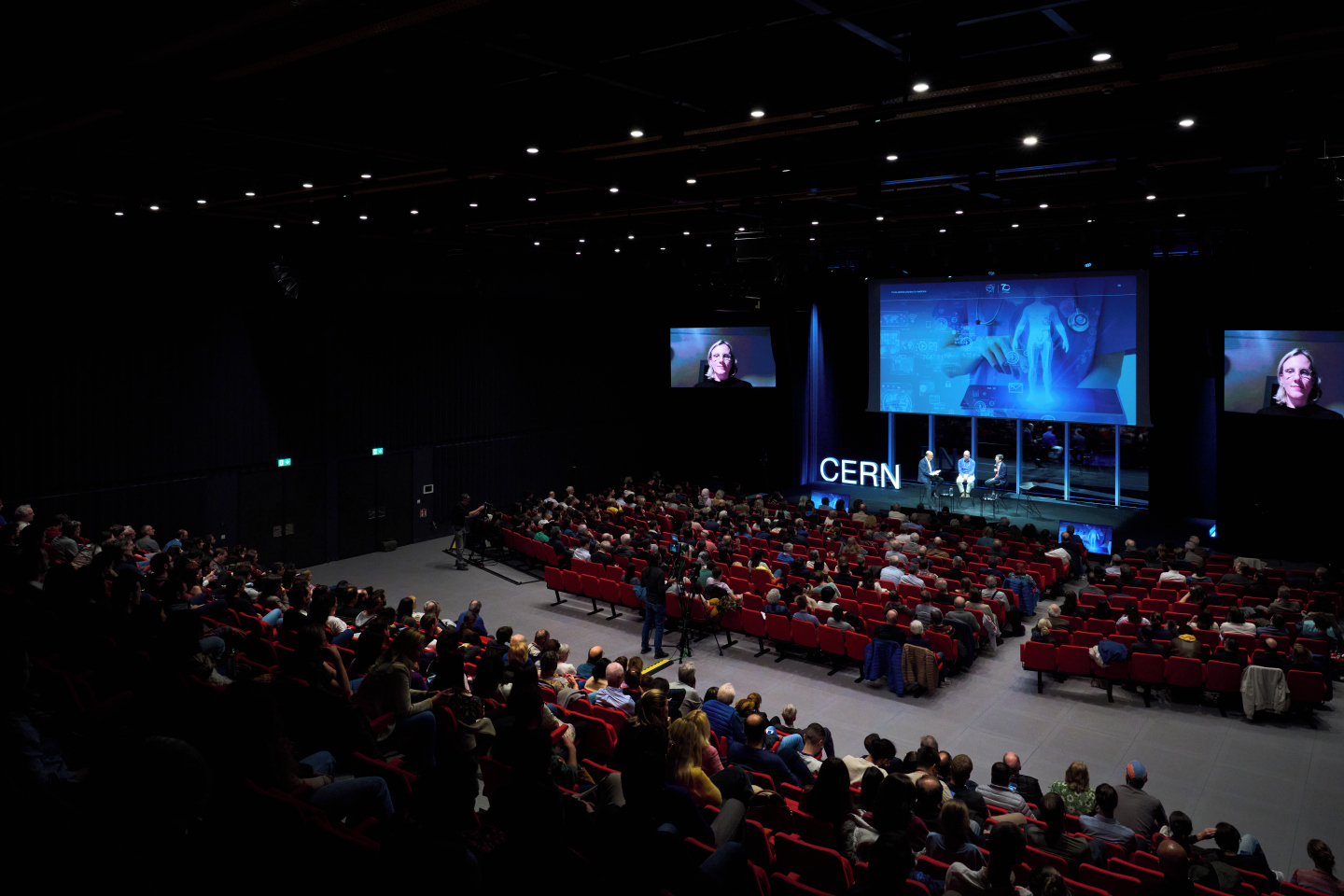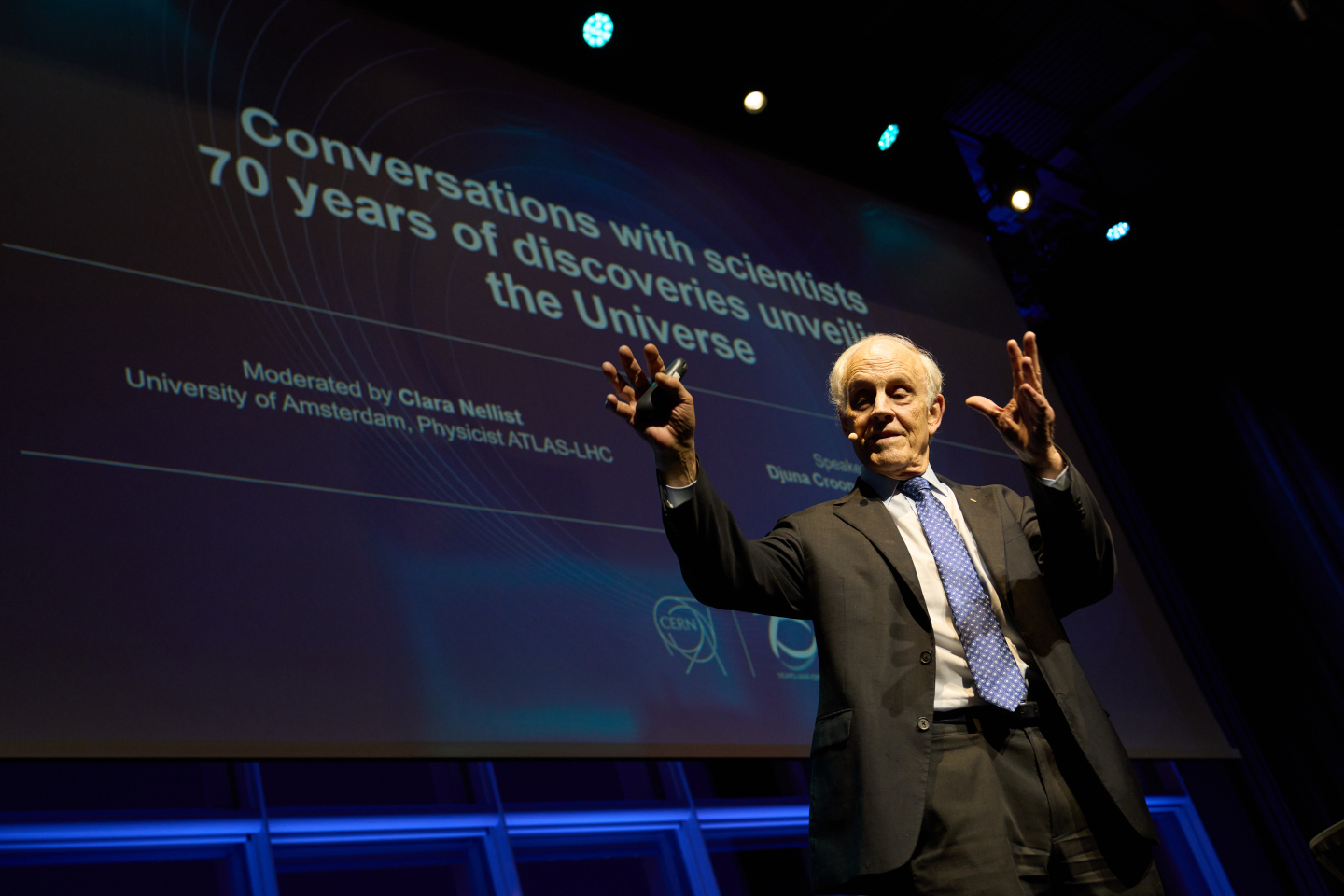CERN is a pioneer in making science, technology and know-how freely available to the world. Knowledge sharing – one of the core values enshrined in CERN’s founding convention – underpins its mission to support open science. A brilliant example of this is the World Wide Web, invented at CERN for the benefit of society at large.
At this event, leading scientists and experts explored the extraordinary significance of international collaboration and open science in advancing scientific knowledge. They traced the evolution of the Web, discussed the imperative of democratisation of information and technology, and explored the emerging frontiers in digital technologies and AI.
Thank you for joining us in this fourth public event, held in collaboration with the CineGlobe festival, celebrating the Laboratory’s 70th anniversary and the CERN & Society Foundation’s 10th anniversary.
Science for All – Panel discussion: leading scientists and experts explored the significance of international collaboration and open and inclusive science in advancing scientific knowledge.
For Everyone – Documentary screening: in 1989, the world’s largest physics laboratory, CERN, was a hive of ideas and information stored on incompatible computers. Tim Berners-Lee conceived a unifying structure to link information across different computers, leading to the birth of the World Wide Web in 1991. This documentary traceds the origins of the Web and its future implications, setting the stage for our second panel discussion.
Towards the Future: the Web and Beyond – Panel discussion: Sir Tim Berners-Lee, inventor of the Web and CTO and co-founder of Inrupt, and other leading experts as we discussed the evolution of the Web, the democratisation of technology and the emerging frontiers in digital technologies and AI.
Speakers
70 years of discovery
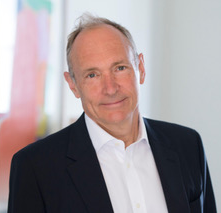
Sir Tim Berners-Lee
Inventor of the Web and CTO and Co-founder of Inrupt.
| Bio |
Sir Tim Berners-Lee invented the World Wide Web while at CERN in 1989. As co-founder and CTO of Inrupt, he has created pioneering Solid open-source technology to provide data sovereignty for citizens, governments and companies. Co-founder of the Open Data Institute and the World Wide Web Foundation he has received numerous awards, including the Turing Prize. Sir Tim Berners-Lee is an Emeritus Professor of Computer Science at MIT and the University of Oxford.
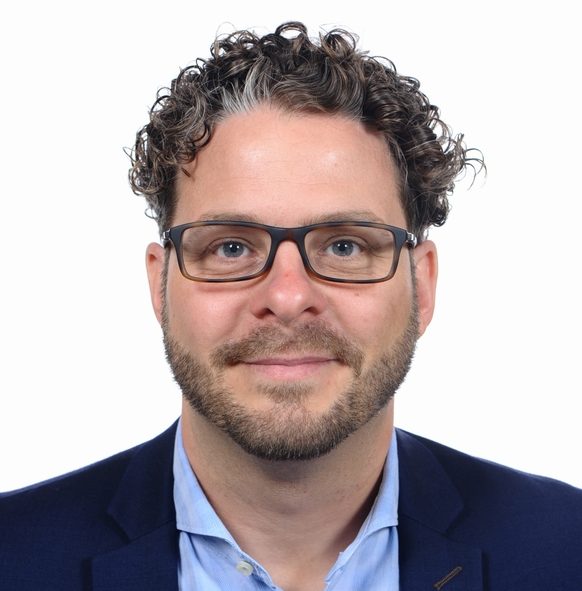
Raf Buyle
Innovation Lead, Athumi.
| Bio |
Raf Buyle is the Innovation Lead at Athumi, the Flemish Data Utility Company, where he champions society’s digital transformation, strongly emphasising consumer rights to data control. At Digital Flanders, his work focuses on guiding the government’s digital transformation, particularly stressing the importance of data standards and the intricacies of foreign policy.
With a PhD in Information Engineering Technology and an active role as a researcher at Ghent University, Raf Buyle has been exploring the potential of the Semantic Web. His most notable achievement is founding the Open Standards for Linked Organisations (OSLO) in 2012. This groundbreaking interoperability program has evolved into a key standardisation initiative in the public sector. Based on the Semantic Web technologies that originated at CERN, OSLO has successfully integrated CERN’s foundational concepts into Flanders’ public services.
Inspired by Sir Tim Berners-Lee’s vision of increased user data control, Raf Buyle quickly adopted these principles. His efforts have positioned Flanders as the first region globally to enable citizens to regain control of their personal data, illustrating his commitment to data sovereignty and digital innovation.
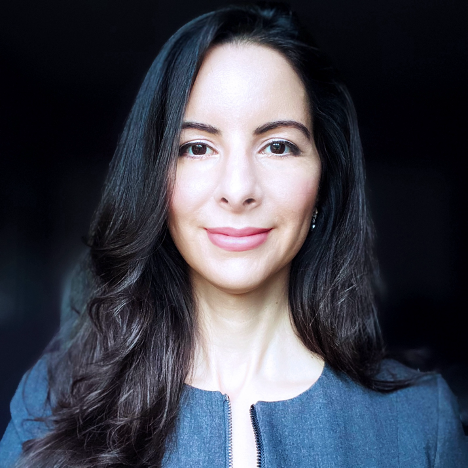
Nadia Carlsten
Vice-President of Product, SandboxAQ.
| Bio |
Nadia Carlsten is VP of Product at SandboxAQ, where she is responsible for managing product development across the company’s business verticals, including quantum security, quantum sensing, AI, and simulation. Nadia has extensive experience turning emerging technologies into products. Previously she was Head of Product at the AWS Center for Quantum Computing where she helped define the strategy for quantum hardware and helped launch Amazon Braket, AWS’s first quantum computing service. Nadia has also led commercialization activities at the U.S. Department of Homeland Security and successfully brought new technologies to market in the areas of cybersecurity and machine learning. Nadia has a PhD in engineering from UC Berkeley, a B.S in Chemistry, and B.A in Physics from the University of Virginia.
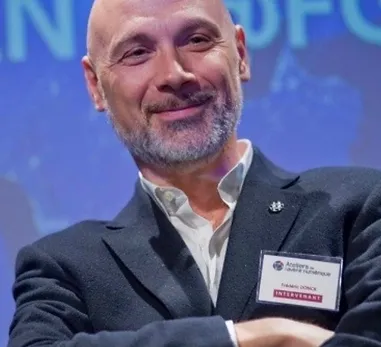
Frédéric Donck
Frédéric Donck, consultant, author, keynote speaker and moderator, TAMADA.
| Bio |
Frédéric Donck, an author, keynote speaker, moderator, and executive mentor, advises decision-makers, CEOs and executive committees to ensure optimal choices for organizational success and drive performance excellence. For over 25 years, he held leadership positions in the Internet and information technology industry in Europe and the United States. He has negotiated significant international agreements within those sectors with governments, business leaders, and global organizations in Europe, the United States, Latin America, Africa, and Asia. A former Vice-President with the Internet Society and Board Member of European associations, he has also advised the Director-General of the International Labour Organization (ILO) in Geneva as well as the European Commission in its strategy to support businesses growth and technological innovation in Europe. A legal expert (LLD) and European Lawyer (LLM), he underwent training in systemic approach based on the Mental Research Institute methodology developed in Palo Alto (California, USA) along with strategic intervention techniques tailored for businesses.
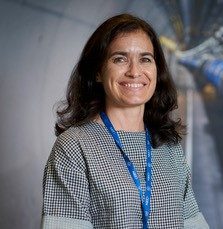
Ana Godinho
Head of CERN’s Education, Communications and Outreach group.
| Bio |
Ana Godinho is Head of Education, Communications and Outreach at CERN. Before joining CERN, Ana was Head of Communications at the Portuguese national funding agency for science and research and previously held posts in science communication at biomedical research centres in Portugal and in the UK. Ana is a scientist turned communicator, passionate about engaging with different audiences to share the wonders of science, the process of research and its power to transform lives. She holds a PhD in Developmental Neurobiology from the University of London and an MSc in Science Communication from the Open University (UK). Ana was a member of the Swiss Academies Expert Group on Science Communication and is currently a member of CÚRAM’s Public Engagement Advisory Board (Ireland). Ana co-authored a children’s book of science experiments, and has been an invited lecturer on science communication and outreach at universities in Europe, Africa and Brazil.
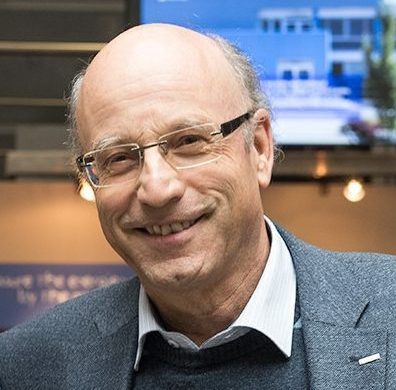
Peter Jenni
A founding father and the first Spokesperson of the ATLAS experiment at CERN.
| Bio |
Peter Jenni is a founding father and the first Spokesperson of the ATLAS experiment at CERN. Peter Jenni obtained his Diploma for Physics at the University of Bern in 1973 and his Doctorate at the Swiss Federal Institute of Technology in Zürich (ETHZ) in 1976. He participated in CERN experiments at the SC (1972/3), at the PS (1974/6), and at the ISR (1976/7). During 1978/9, he was a Research Associate at the SLAC, USA. He became a CERN staff in 1980 with the UA2 experiment at the SPS proton-antiproton collider. His strong interest and activities were with the LHC since the beginning in 1984. From 1991 the main activities concentrated on an LHC proto-collaboration. In 1995, after approval ATLAS, he was elected ATLAS Spokesperson. He was re-elected several times and retired from this duty in February 2009.He has served on numerous international science advisory committees and strategy fora in different regions of the globe. Since his formal retirement as a CERN Senior Research Staff (April 2013), he is a Guest Scientist and Honorary Professor with the Albert-Ludwigs-University Freiburg, Germany. After his two terms as Vice Chairperson of the CERN & Society Foundation Board he has become one of its nominated Ambassadors.
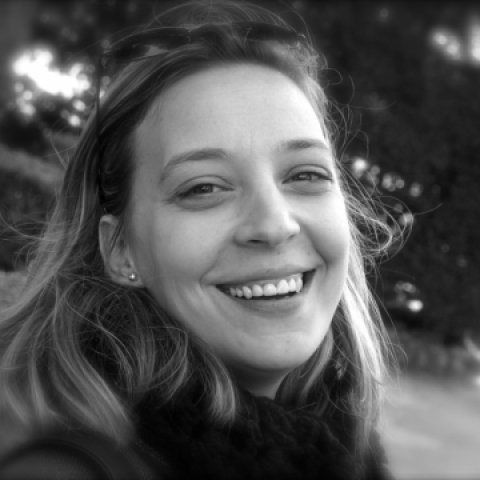
Ana Persic
Programme Specialist for Science Technology and Innovation Policies and Open Science, UNESCO.
| Bio |
Ana Persic is Programme Specialist for Science Technology and Innovation Policies and Open Science at the UNESCO Headquarters in Paris. An ecologist by training with a PhD in Ecotoxicology, Dr Ana Persic joined UNESCO in April 2006 in the framework of the UNESCO’s Man and the Biosphere Programme within the Division of Ecological and Earth Sciences in Paris. She then then served as a Science Specialist at the UNESCO Liaison Office in New York from 2011 to 2018. Her work relates to strengthening the science-policy interface and promoting science, technology, and innovation in the implementation of the United Nations 2030 Agenda for Sustainable Development and Sustainable Development goals (SDGs). She coordinated the development of the UNESCO Recommendation on Open Science and is currently working towards its implementation.
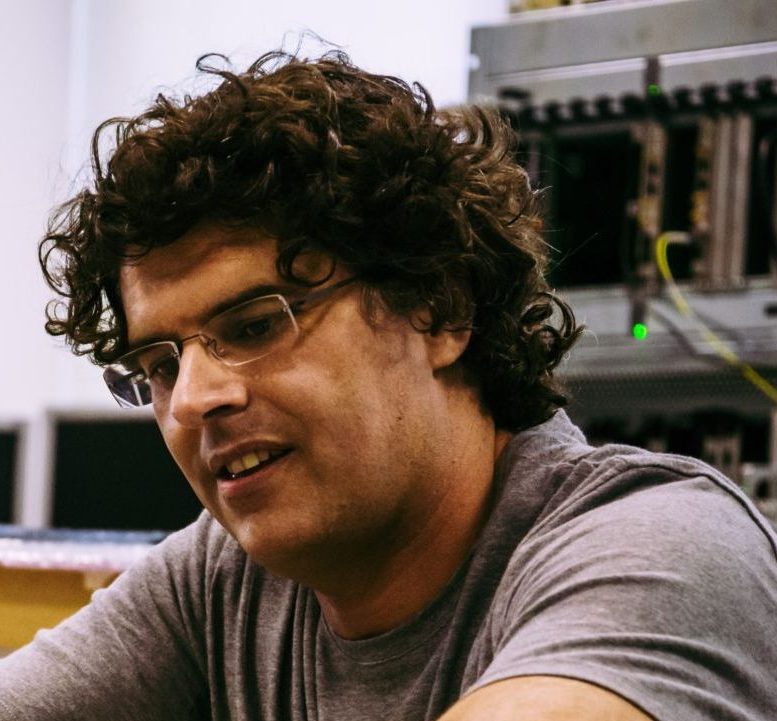
Javier Serrano
Leader of CERN’s Open Hardware Initiative and Board Chair of the White Rabbit collaboration.
| Bio |
Javier Serrano leads the Electronics Design and Low level software section in CERN’s accelerator Controls, Electronics and Mechatronics group. An engineer and physicist by training, his work on controls and data acquisition for particle accelerators was recognised in 2017 through the ICALEPCS Lifetime Achievement Award. He specialises in very precise synchronisation solutions such as White Rabbit, an extension of Ethernet whose reference implementation is fully open-source hardware, gateware, firmware and software. A native of Castellón, Spain, Javier was one of the trailblazers in the early days of Open Hardware, and has contributed extensively to its practice on several fronts: creating and managing the Open Hardware Repository, co-authoring the CERN Open Hardware Licence, working with companies and other stakeholders to find appropriate business models, and coordinating CERN’s contribution to the development of KiCad. He is an alumni board member of the Open Source Hardware Association (OSHWA) and was involved in the launch of the Gathering for Open Science Hardware (GOSH). Javier is also very keen on education and advocacy. He enjoys taking groups of students around the Laboratory, teaching them Physics through hands-on experiments and telling them about Open (Science | Data | Access | Software | Hardware). He has contributed to the drafting of the hardware part of CERN’s Open Science Policy and to the creation of an Open Source Program Office (OSPO) at CERN. He is currently investigating novel ways of combining open-source with economic activity and impact, working with CERN’s Knowledge Transfer group on the launch of the White Rabbit Collaboration.
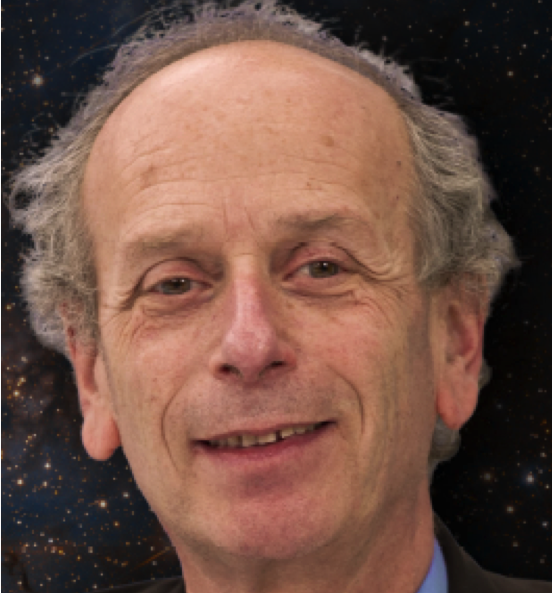
Michel Spiro
Emeritus Research Director at CEA, President of IUPAP and Chair of the Board of the CERN & Society Foundation.
| Bio |
Michel Spiro, former President of the CERN Council (2010-2012), former director of IN2P3 (National Institute of Nuclear and Particle Physics) of the CNRS (French National Center for Scientific Research) (2003-2010), is now Emeritus Research Director at CEA. He has also been President of IUPAP (International Union of Pure and Applied Physics) since 2019. He was also Chair of the International Year of Basic Sciences for Sustainable Development (2022 – 2023) and one of the major promoters of the International Decade of (all) Sciences (and all knowledge, including traditional) for Sustainable Development 2024 – 2033. In addition, he is Chair of the CERN & Society Foundation Board. His research extends from particle physics experiments at CERN (W and Z discovery) to astroparticle physics experiments (detection of solar neutrinos and search for dark matter through microlensing).
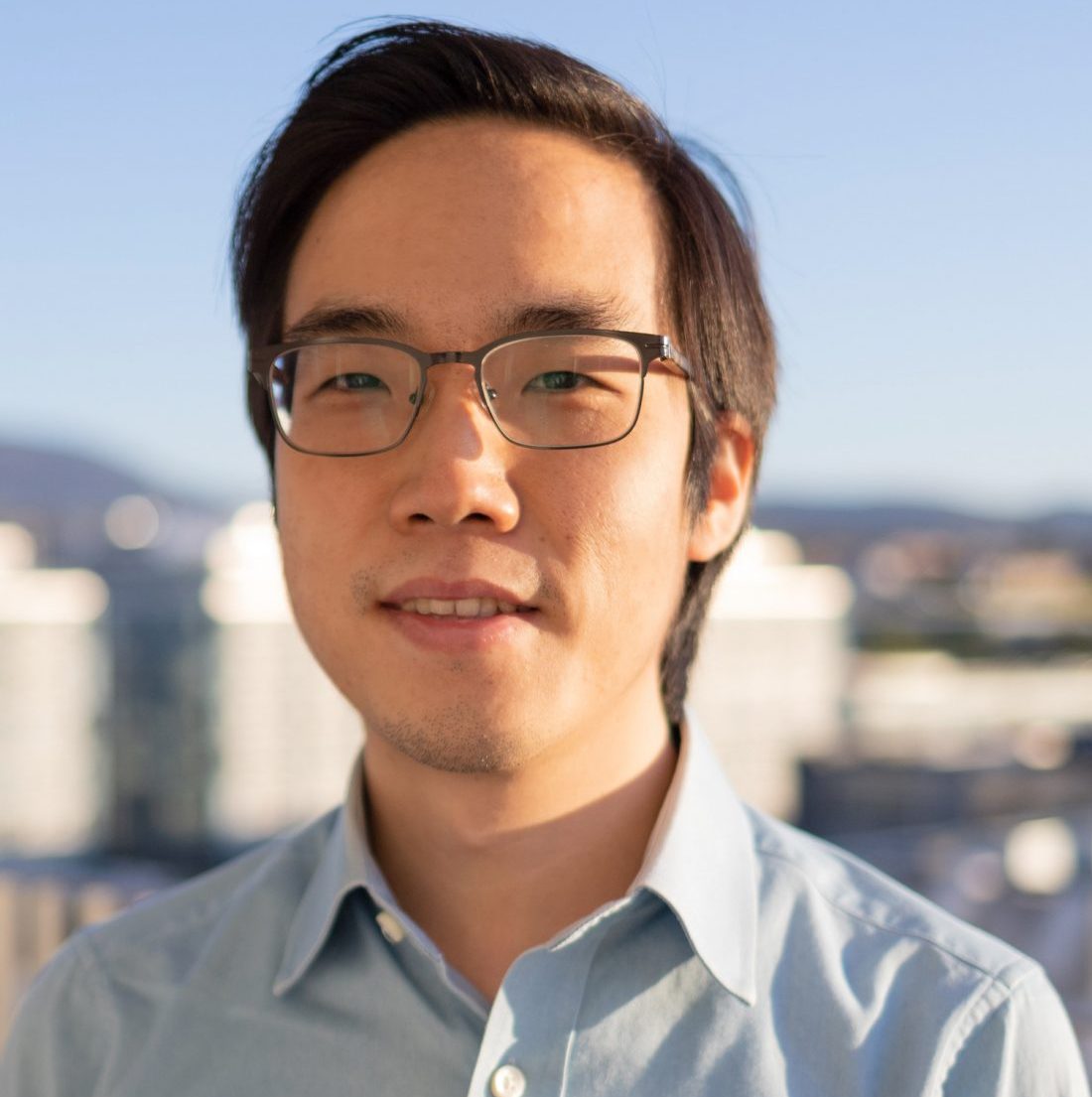
Andy Yen
Founder and CEO, Proton.
| Bio |
Andy Yen is the founder and CEO of Proton. He is a long-time advocate for privacy rights and has spoken at TED, Web Summit, and the United Nations about online privacy issues. Previously, Andy was a research scientist at CERN and has a PhD in particle physics from Harvard University.
